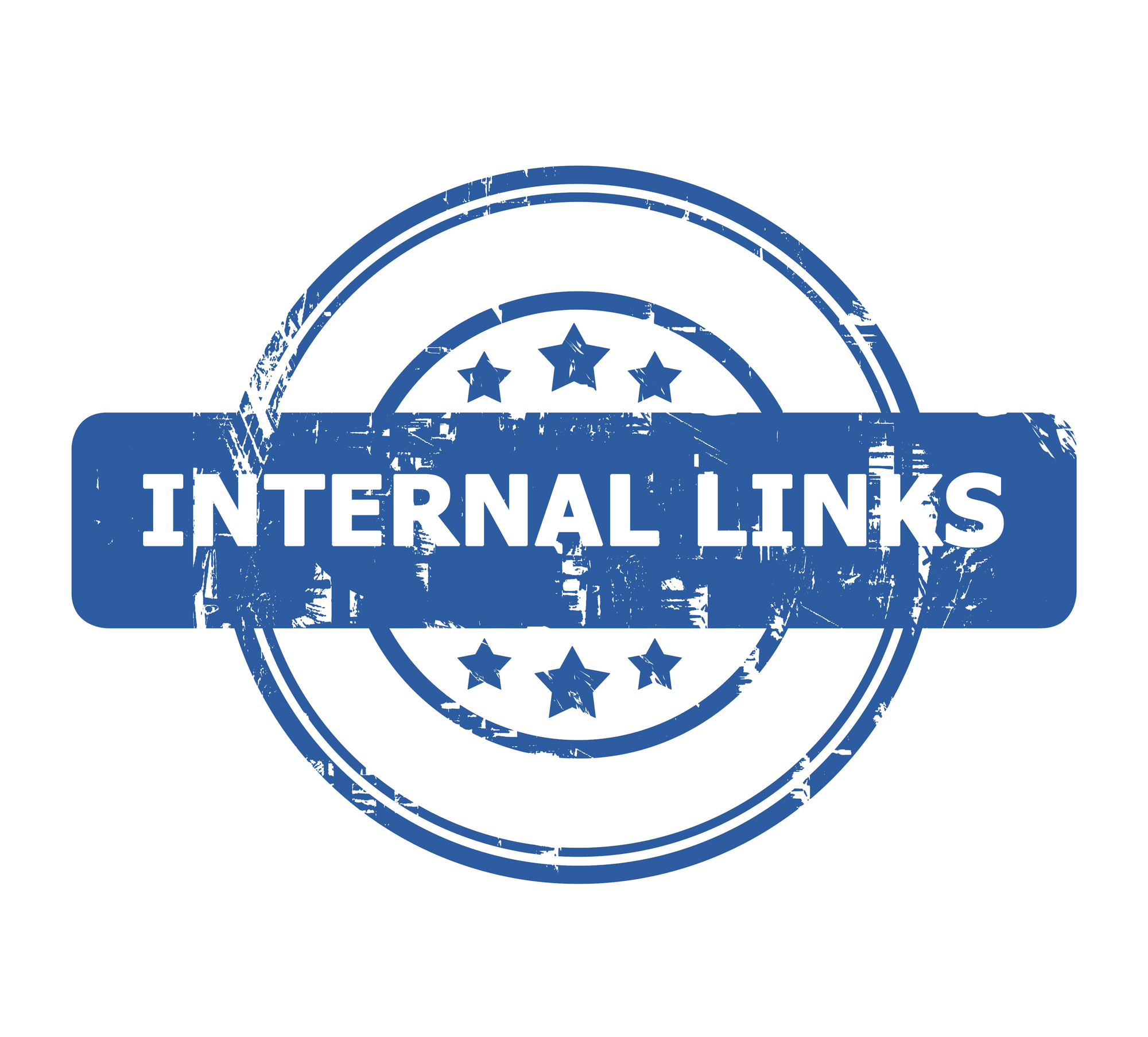We all know how valuable backlinks are. However, not many are aware that internal links can play an even bigger role in SEO. No wonder many websites underutilize internal links.
Internal linking is the SEO practice of creating a link from one page on the website to another page on the same website. Ideally, every website with more than one page should be connected through internal linking. These are different from external links, which link to web pages on other domains. Internal links are not just links within the text, they also include other links that point to other pages of your website such as navigation links, image links, CTAs, and more.
Internal links and SEO
Internal links help both search engines and users by creating a hierarchy of importance of the pages, improving the website’s navigation, and providing context about the content. Internal linking plays an important role in SEO. Google has confirmed that they are a ranking factor. Google, in its SEO starter guide, states that:
“Create a naturally flowing hierarchy.
Make it as easy as possible for users to go from general content to the more specific content they want on your site. Add navigation pages when it makes sense and effectively work these into your internal link structure. Make sure all of the pages on your site are reachable through links, and that they don’t require an internal “search” functionality to be found. Link to related pages, where appropriate, to allow users to discover similar content.”
Earlier, Google would do simple keyword matching, but now it uses natural language processing to better understand search queries. However, for algorithms to work perfectly they need context about what a page is about, its relationship to other pages on the website, and how important the page is.
Internal links help greatly with this. They convey meaning/context, power the site architecture, and more. They group related sections and pages and reinforce relevance and context. They also help Google understand the most important pages on your site. Search engines treat the pages with lots of internal links as more important compared to those with fewer links.
Here are some facts that might interest you:
- 42% of SEOs spend equal time on building internal and external links
- 51% of SEOs say bloggers should include two to three internal links in a blog post while 36% say three to five should be included
- NinjaReach increased its site traffic by 50% in three months with its internal link structure.
These are just some of the statistics that if you are neglecting internal linking, you are losing out on a lot of ranking opportunities.
Top benefits of internal linking
- Internal links improve user experience and conversions
- They help search engines crawl and index your website
- They spread link equity among pages
- They boost your website’s engagement metrics
- Internal linking helps keep older posts alive and active
- Internal links don’t cost much in terms of effort but offer high potential gains
- They also boost engagement
In the nutshell, an effective internal linking strategy is essential for SEO success. Well-optimized internal linking can significantly boost your search engine rankings and help get more traffic to your site. If your website lacks a solid internal linking strategy, get in touch with our SEO team now. We can help optimize your links and improve your visibility and search rankings.
